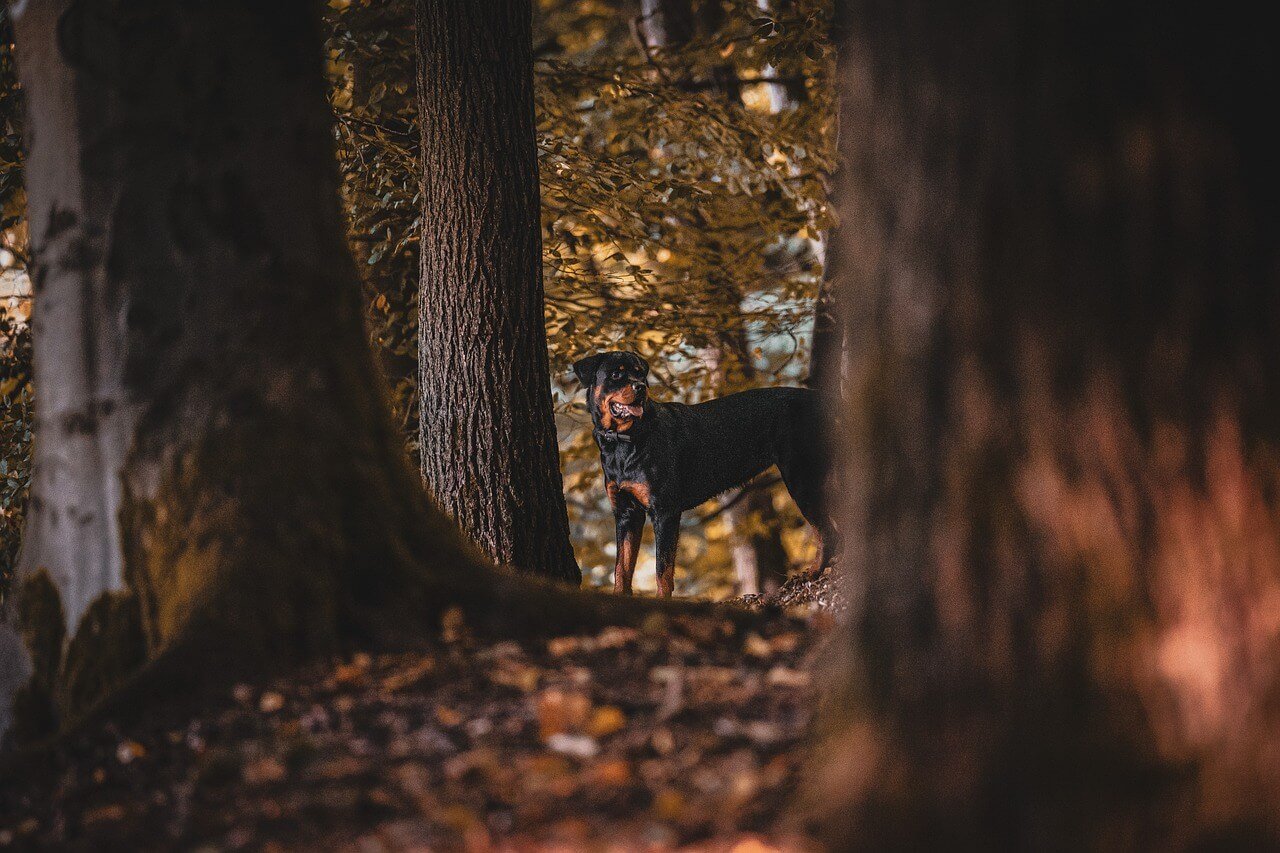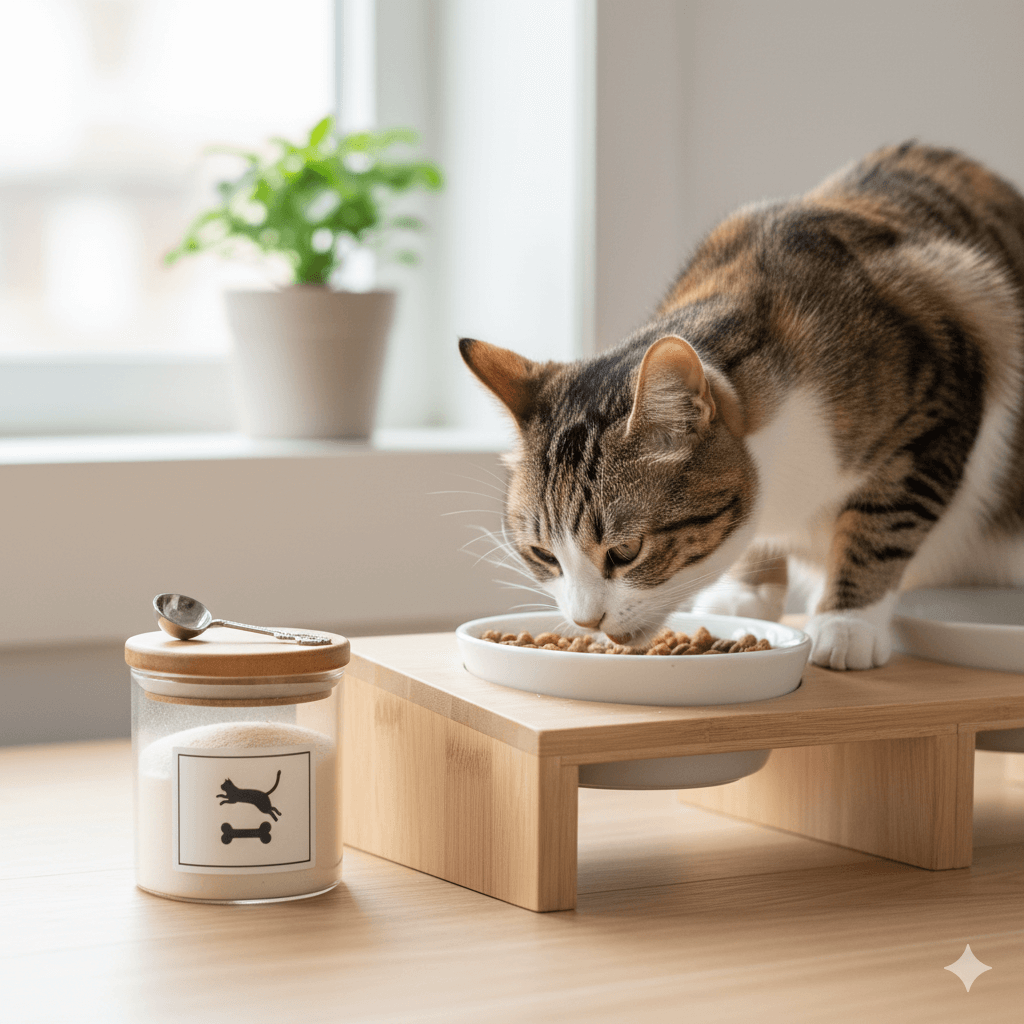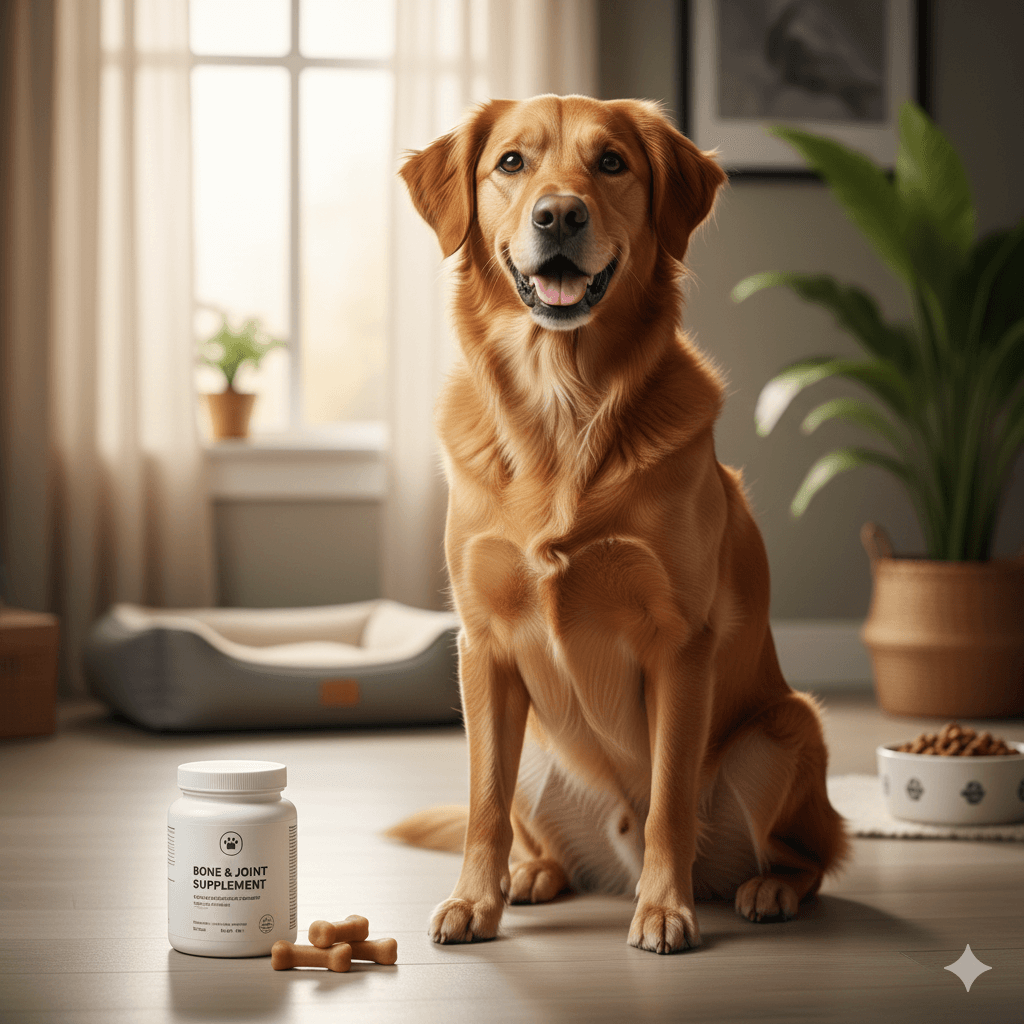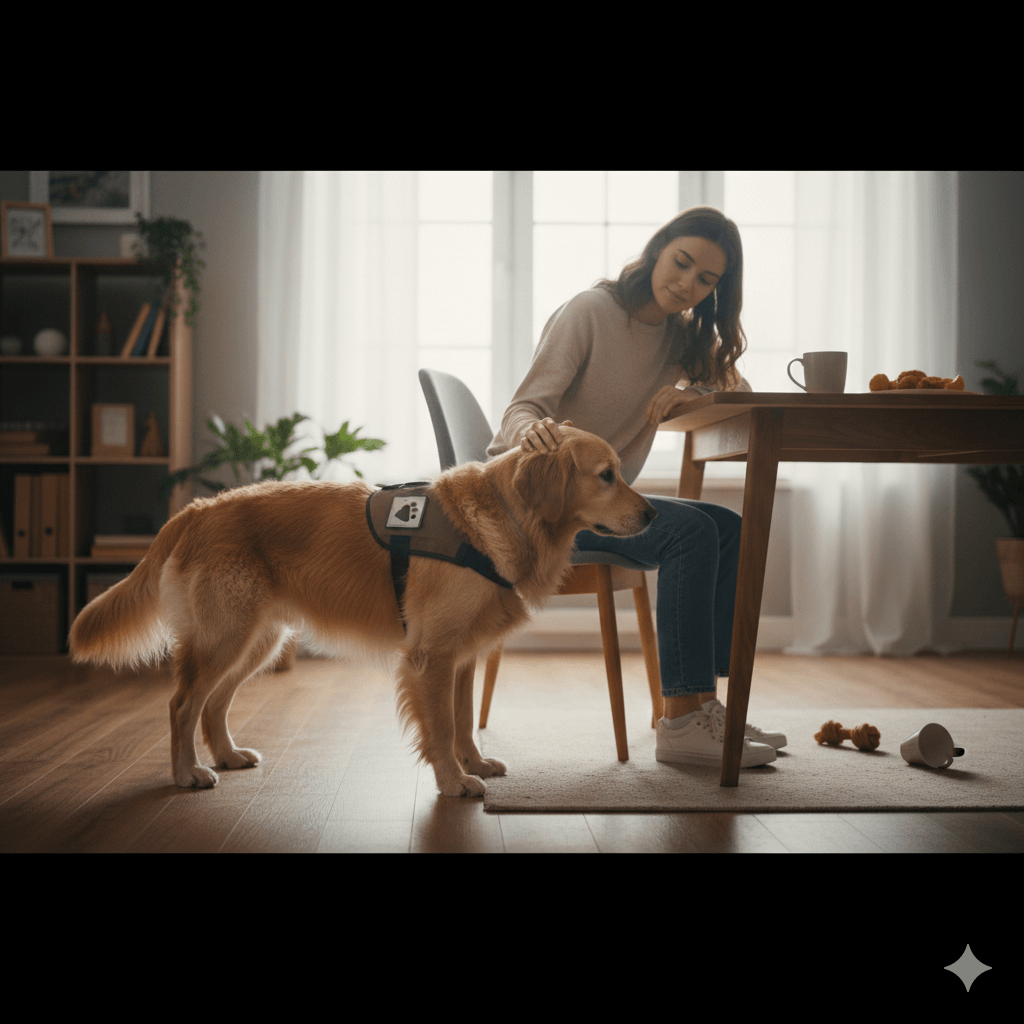How to Calm a Hyper Dog Naturally
If you’ve ever owned or spent time around a hyperactive dog, you know how challenging it can be to manage their boundless energy. Whether they’re zooming around the house, barking incessantly, or jumping on guests, hyper dogs can leave even the most patient pet owners feeling overwhelmed. The good news is that calming a hyper dog doesn’t have to involve harsh training methods or medications. With some natural strategies, consistency, and patience, you can help your furry friend find their inner Zen. In this blog post, we’ll explore practical tips and techniques to naturally calm a hyper dog while strengthening your bond.
Understanding Hyperactivity in Dogs: Causes and Triggers
Before diving into solutions, it’s important to understand why some dogs are naturally more hyperactive than others. Hyperactivity can stem from a variety of factors, including breed tendencies, lack of exercise, or even underlying anxiety.
Certain breeds, such as Border Collies and Jack Russell Terriers, are known for their high energy levels due to their working heritage.
Insufficient physical activity can lead to pent-up energy, which manifests as hyperactive behavior.
Anxiety or stress, often triggered by changes in routine or environment, can also cause a dog to become overly excitable.
Lack of mental stimulation leaves intelligent dogs bored, prompting them to seek entertainment through excessive activity.
Diet plays a role too; high-sugar or artificial ingredients in food may contribute to hyperactivity.
By identifying the root causes of your dog’s hyperactivity, you can tailor your approach to address their specific needs effectively.
Natural Ways to Calm Your Hyper Dog: Practical Tips
Calming a hyper dog naturally involves a combination of physical, mental, and emotional strategies. These approaches focus on meeting your dog’s needs in a holistic way.
Regular exercise is key; aim for daily walks, runs, or play sessions to burn off excess energy.
Mental stimulation through puzzle toys or training games can tire out your dog’s brain as well as their body.
Establishing a consistent routine helps reduce anxiety by providing structure and predictability.
Calming scents like lavender or chamomile can create a soothing environment during rest periods.
Massage therapy, focusing on pressure points, can relax tense muscles and promote calmness.
Incorporating these techniques into your daily routine can make a noticeable difference in your dog’s behavior over time.
Check this guide 👉Calm Big Dog Breeds: Best 7 Expert Tips!
Check this guide 👉Does Spaying Calm a Dog Down? Best 7 Expert Tips!
Check this guide 👉Calming Dog Music: Top 7 Best Tips to Reduce Anxiety!
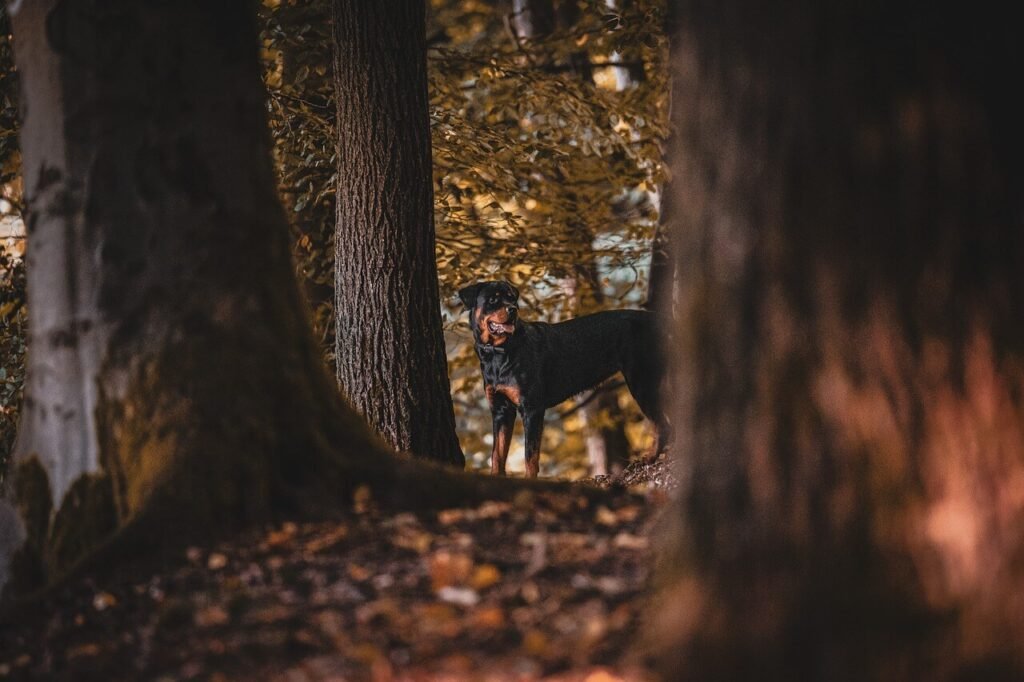
Physical Activities for Hyper Dogs | Mental Stimulation Ideas |
|---|---|
Long walks or hikes | Puzzle feeders |
Fetch or frisbee games | Obedience training sessions |
Swimming (if your dog enjoys water) | Hide-and-seek with treats |
Agility courses | Interactive toys |
Tug-of-war | Teaching new tricks |
Creating a Calming Environment for Your Dog
Your dog’s surroundings play a significant role in their ability to relax. By making small adjustments to their environment, you can encourage calmer behavior.
Provide a designated quiet space where your dog can retreat when feeling overwhelmed.
Use white noise machines or calming music to drown out stressful sounds.
Keep windows covered if outside stimuli, like passing cars or people, trigger excitement.
Incorporate comfortable bedding to create a cozy resting area.
Limit exposure to chaotic situations until your dog learns to self-regulate their energy.
A peaceful environment allows your dog to feel secure and reduces the likelihood of hyperactive episodes.
Dietary Adjustments to Promote Calmness
What your dog eats can significantly impact their energy levels and overall temperament. Making thoughtful dietary choices can support a calmer demeanor.
Opt for high-quality, grain-free dog food free from artificial additives and fillers.
Include omega-3 fatty acids, found in fish oil, to support brain health and reduce anxiety.
Avoid foods with high sugar content, which can spike energy levels unnecessarily.
Add natural supplements like CBD oil or L-theanine under veterinary guidance for additional calming effects.
Ensure your dog stays hydrated, as dehydration can exacerbate irritability.
Feeding your dog a balanced diet tailored to their needs sets the foundation for improved behavior.
Incorporating Playtime to Burn Energy
Playtime is an excellent way to channel your dog’s hyperactivity into something productive while strengthening your bond. Structured play not only tires them out physically but also provides mental stimulation.
Fetch games are simple yet effective for burning energy quickly.
Tug-of-war can help redirect chewing and biting behaviors in a controlled manner.
Interactive toys that dispense treats keep your dog engaged and mentally challenged.
Rotating toys every few days prevents boredom and keeps playtime exciting.
Supervised playdates with other dogs allow for socialization and energy release.
By incorporating regular, structured play sessions into your routine, you can significantly reduce your dog’s hyperactive tendencies while fostering a deeper connection.
Teaching Calming Commands and Behaviors
Training your dog to respond to calming commands can be a game-changer when managing hyperactivity. These commands provide structure and help your dog learn self-control.
Teach the “settle” command by rewarding calm behavior with treats and praise.
Practice the “place” command to designate a specific spot for relaxation.
Use the “leave it” command to redirect attention from distractions or overstimulating situations.
Reinforce the “down-stay” command to encourage longer periods of calm stillness.
Gradually increase the duration of commands to build patience and focus.
With consistent practice, these commands can empower you to guide your dog toward calmer behavior in various scenarios.
Using Natural Remedies to Support Calmness
In addition to environmental and behavioral strategies, natural remedies can complement your efforts to calm a hyper dog. These options are gentle and safe when used appropriately.
Herbal teas like chamomile can be added to your dog’s water for a mild calming effect.
CBD oil, when vet-approved, may help reduce anxiety and promote relaxation.
Bach flower essences, such as Rescue Remedy, are known for their soothing properties.
Probiotics support gut health, which has been linked to improved mood and behavior.
Melatonin supplements can aid in promoting restful sleep during nighttime hours.
While natural remedies can be beneficial, always consult your veterinarian before introducing new supplements or treatments to ensure they’re safe for your dog.
Frequently Asked Questions About Calming Hyper Dogs
How long does it take to see results from calming techniques?
Results vary depending on the dog, but consistent effort over several weeks typically yields noticeable improvements.
Can I use essential oils to calm my dog?
Yes, but only use pet-safe oils like lavender and consult your vet before introducing them.
Is hyperactivity in dogs always a bad thing?
Not necessarily; some breeds are naturally energetic, but excessive hyperactivity can indicate unmet needs.
Should I punish my dog for being hyper?
No, punishment can increase anxiety and worsen behavior. Positive reinforcement is more effective.
Are there medical conditions that cause hyperactivity?
Yes, conditions like ADHD or thyroid imbalances can contribute to hyperactivity. Consult your vet for diagnosis.
Finding Balance for Your Hyper Dog
Calming a hyper dog naturally requires patience, consistency, and a willingness to experiment with different strategies. By addressing their physical, mental, and emotional needs, you can transform your energetic companion into a calmer, happier pup. Remember, every dog is unique, so what works for one may not work for another. Stay attuned to your dog’s signals, celebrate small victories, and enjoy the journey of building a stronger bond together. With time and effort, you’ll discover the joy of living harmoniously with your once-hyperactive best friend.
Understanding Bone Supplement for Cats: Best 7 Expert Tips! – Safe, vet-approved guidance for strong feline bones & balanced nutrition.
Bone Supplement for Dogs: Best 7 Expert Tips! – Expert guide to calcium, collagen & bone health for every life stage.
Understanding Can Cats Get Sunburn: Best 7 Expert Tips! – Protect your feline from UV damage with vet-backed prevention strategies.
How to Train a Seizure Alert Dog: Best 7 Expert Tips! – Learn expert-backed steps to nurture natural instincts into reliable, life-saving seizure alerts.

